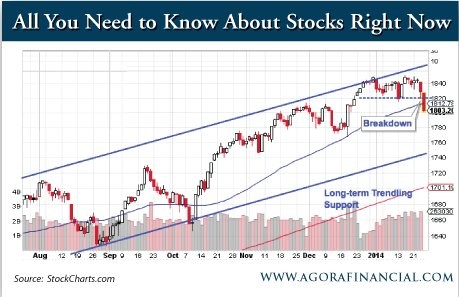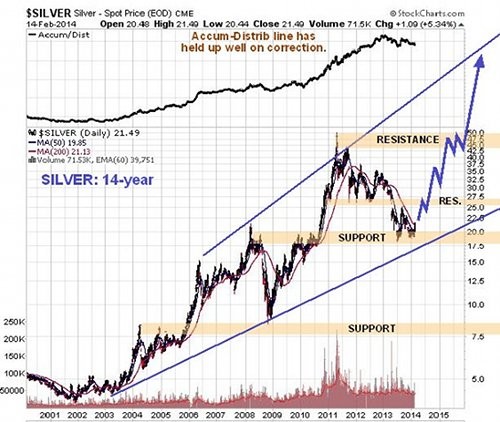How would a US bond market crash play out for investors ArabianMoney
Post on: 22 Июль, 2015 No Comment

Posted on 14 April 2013 with no comments from readers
It takes no genius to see that US bonds are in a bubble and near or just off the top. The interest rates paid on US bonds are close to historic lows. As they move up, bond prices move down, that is how bond prices are set. Once this direction becomes clear there will be a rush for the exit and a bond crash.
That matters hugely to investors in bonds like the Peoples Republic of China, for example, with over $3 trillion in US treasuries, or most US pension funds. Bonds are, after all, supposed to be the safest of asset classes. That is true in that the US Government has never defaulted but the value of bonds has always risen and fallen and from time-to-time there is a crash.
Deflationary shock
The first observation to make is that sudden losses of money on this scale are deflationary. They wipe out savings that can then never be spent. They ruin some investors and bankrupt some institutions. Bond crashes are very bad for stock markets, partly for these reasons but also because share prices have to fall for dividends to compete with the higher interest rates available on bonds.
Really then this is something of a systemic wipe-out with a considerable distruction of wealth. There are not many places to hide in a true bond market crash. A major recession is guaranteed. Think what Cyprus is facing at the moment and that is how it looks. No wonder the Federal Reserve will pull every trick in its cook book before letting this happen.
But there is an end of the road for printing money, and it is always a bond crash if history is any guide. Then you get a huge flight from cash into real assets like precious metals and real estate because there is a fear about the future of money.

Lots of money has been printed by the global central banks recently. The Feds $85 billion a month is dwarfed by the Bank of Japans commitment to $140 billion. Once this money is released from bank accounts and treasury bonds into the economy then hyperinflation will follow quickly on from the initial deflationary impact of a bond crash.
Wealth divide
Perhaps this is just as well because it will help to offset a recession but it is very tough on those who dont own these assets and creates a polarization in wealth. The gap between the haves and have nots will grow wider. Its been happening anyhow, the number of US citizens claiming food stamps has doubled to 47 million in the past five years.
Speculators are the people who fare best. You would need to short US stocks or bonds at the right time and then switch into hard assets early on. At some point financial assets would bottom and real assets top out and then you would want to reverse back again.
But this is not a happy game for the average person with little in the way of savings and a relatively fixed income. They just get very poor.














